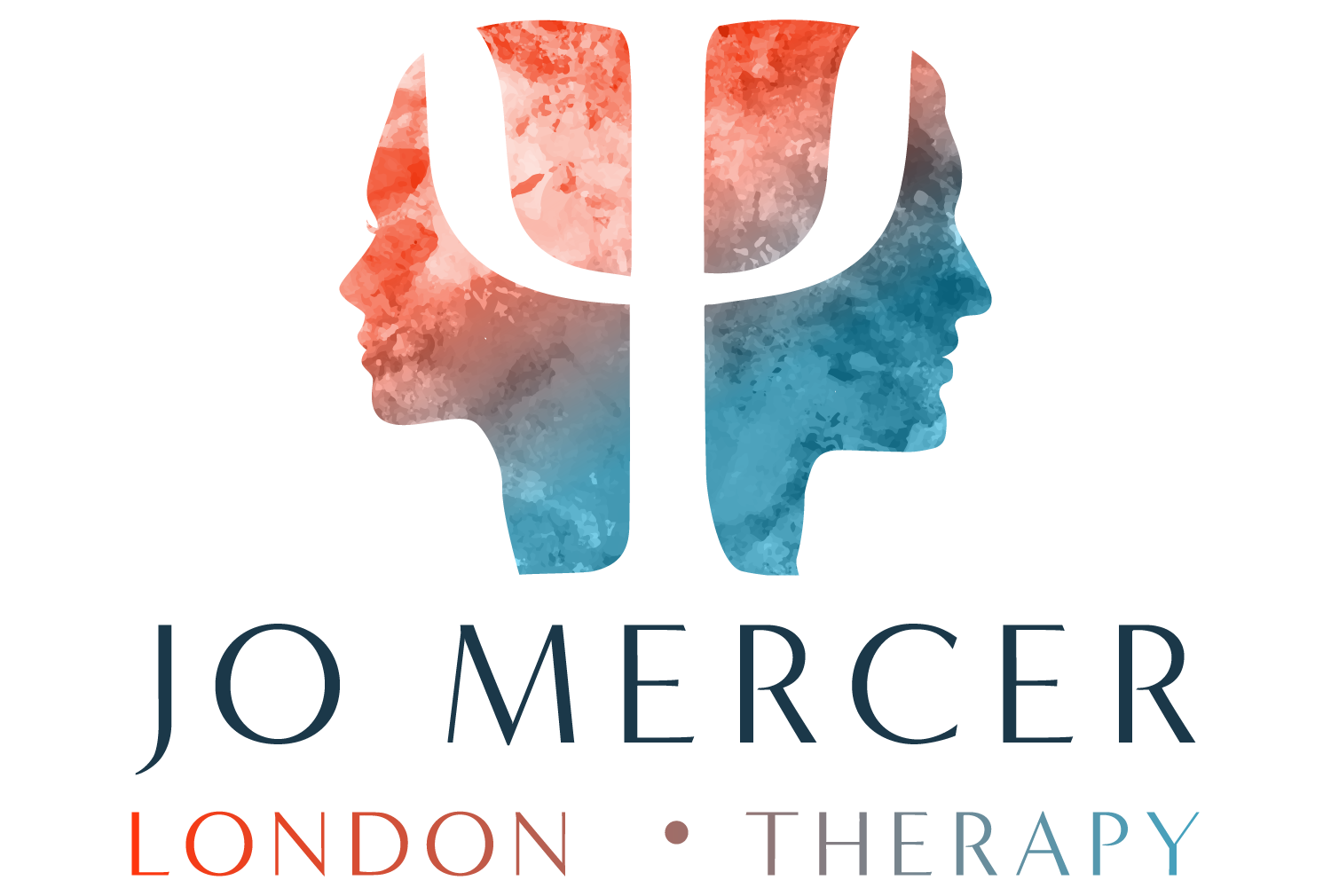Neurodiversity affirming psychotherapy
Humans are a diverse species and no two minds are ever the same; this is a biological fact of the human race. The idea that people have different processing styles and, as a result, may approach and experience the world in quite different ways is uncontroversial. “Neurodiversity” is a descriptive term that was coined to embrace the concept that there are natural variations in the ways human minds work.
The term neurodivergent is often used to describe people whose makeup differs significantly from what is considered to be the societal norm.
So-called “neurodevelopmental” differences such as ADHD, Autism, Dyspraxia, and Dyslexia are usually present at birth and continue throughout the lifespan. These innate differences bring both challenges and strengths.
A neurodiversity-affirming position views differences in neurological functioning as normal and expected variations in development, not deficiencies or disorders.
In contrast, a normative standpoint tends to view differences as deficits, which may lead to neurodivergent people being stigmatised and marginalised. As a consequence, neurodivergent individuals may face exclusion, bias, and prejudice.
Every person growing up in our culture will be exposed to broadly the same social and cultural expectations. In an environment where difference is feared or disavowed, everyone will have a degree of internalised ableism. This may lead neurodivergent individuals to consciously or unconsciously mask their neurodivergent traits to gain acceptance.
The neurodiversity paradigm offers an alternative perspective: that neurodiversity is a natural and valuable form of human diversity, to be embraced much as we embrace differences in race, ethnicity, sexuality, and religion.
My neurodiversity-aligned practice reflects my intention to work with each individual where they are, regardless of normative expectations.

